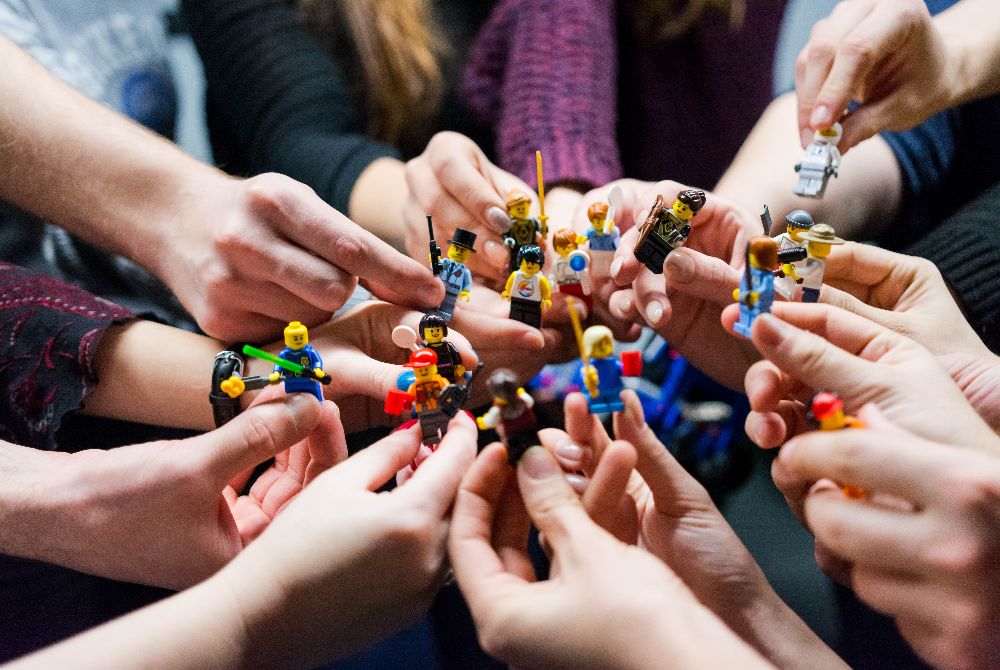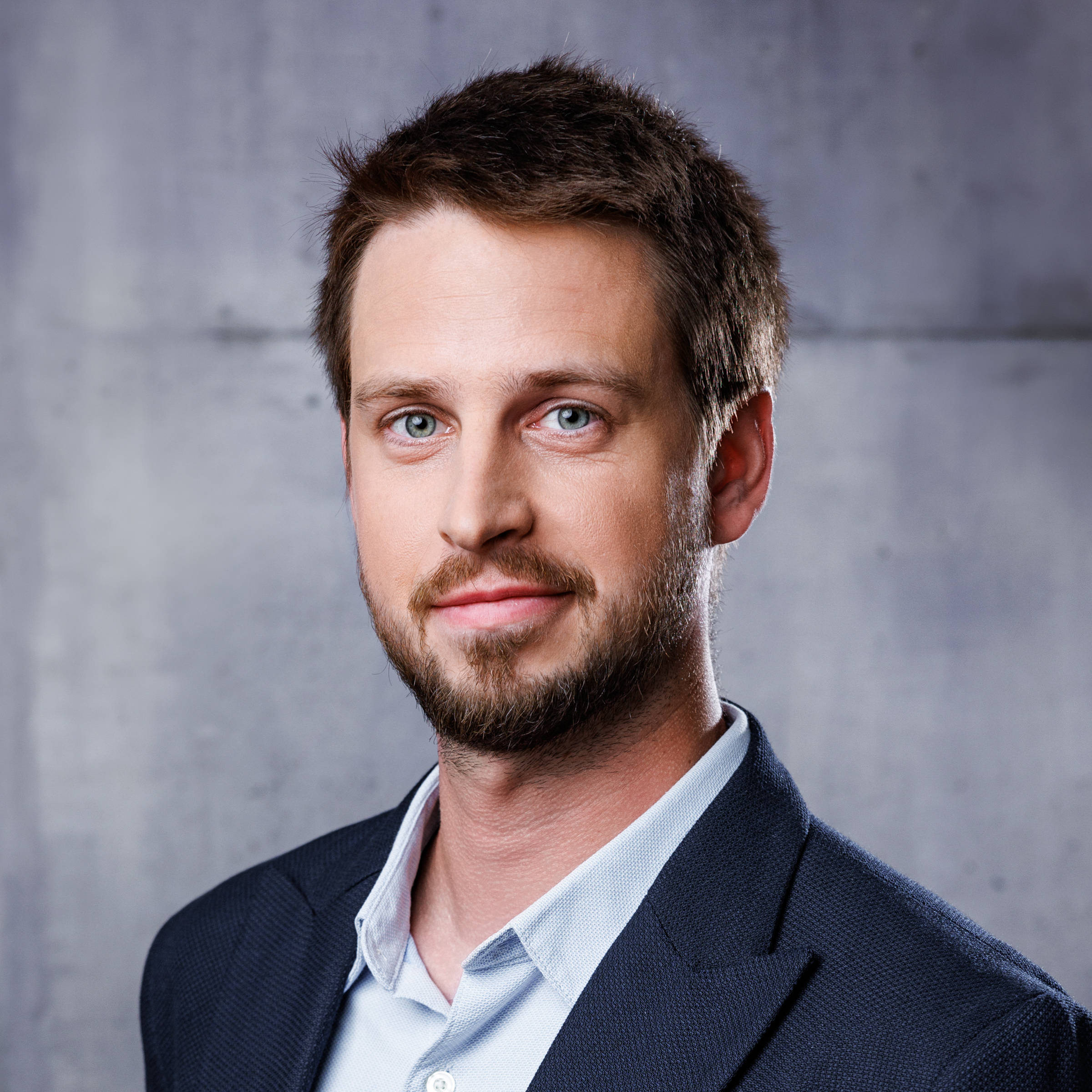Start as early as possible. If you are starting from scratch, it is recommended to begin at least five months before the proposal submission deadline. Of course, if the topic of your proposal is familiar to you, and you have previously worked with partners who are keen on joining, then building your consortium might take significantly less time.
The first step in building a consortium is to identify potential partners. Start by looking at organizations whom you have worked with previously and have good experiences with. If you are starting from scratch, use online events like the EU Brokerage Events and Info Days to find potential partners. Additionally, you can use available resources, such as the EU Funding and Tenders Portal and the CORDIS database, to find organizations interested in your specific topic.
It is important to have the right partners with the appropriate expertise. One of the most common mistakes people make when building a consortium is attempting to cover too much geographically while lacking partners with key expertise that is necessary for achieving the expected outcomes of your proposal. It's better to have a more limited geographic scope with partners who can actually deliver. Another mistake is having either too few or too many partners. While having a good representation of the EU's diversity is ideal, there needs to be a balance between having too many and too few partners. Imagine organizing a meeting with thirty partners. The size of the consortium should be determined based on the proposal's nature, the budget, and the scope described in the Work Programme. Technically speaking, to be eligible for funding, your consortium must include at least one partner from an EU member state and two additional partners from two other countries (check out a few tips on geographical representation here).
Once you have identified potential partners and the appropriate expertise, it's time to recruit and consolidate your consortium. Develop a Concept Note that you are happy to share with potential partners that covers the primary goals of the call, the expected outcomes and how you want to achieve these. Write an introductory email to your potential partners and remember first impressions matter so do your best to pitch your cause well. Introduce yourself, your organization, the call, your concept for the call, why you had them particularly in mind, and most importantly why they should be choosing you. Don’t forget the Horizon Europe scene is a highly competitive one, so you can comfortably expect that your potential partners have already been or will be approached by competing coordinators.
After you have established the core team, start building the rest of the consortium, bringing in any required expertise that is missing. At this stage, you can also bring in the next generation of early-stage researchers, which will give you a balance of experienced researchers and newcomers.
Remain focused on the scope of the call topic. Treat the call text as your holy text and always refer back to it when a partner proposes any change in the proposal. It's essential to keep partners engaged at this stage. If you are the coordinator, don't be afraid to take charge and show leadership when decisions need to be made. Coordinating a consortium is somewhere between dictatorship and democracy that changes dynamically on a day-to-day basis.
In conclusion, building a consortium is a crucial part of securing funding under the Horizon Europe programme. To build a successful consortium, start as early as possible, choose your collaborators wisely, and stay focused on the scope of the call topic. Use available resources to find partners and bring in any required expertise that is missing. With these tips in mind, you can build a strong and effective consortium that will increase your chances of success.
For more consortium building and proposal writing tips and practices, join my colleagues Jelena and Ömer on 6-7 June in Eindhoven, for Part I of our Horizon Europe Academy. Check it out here.





